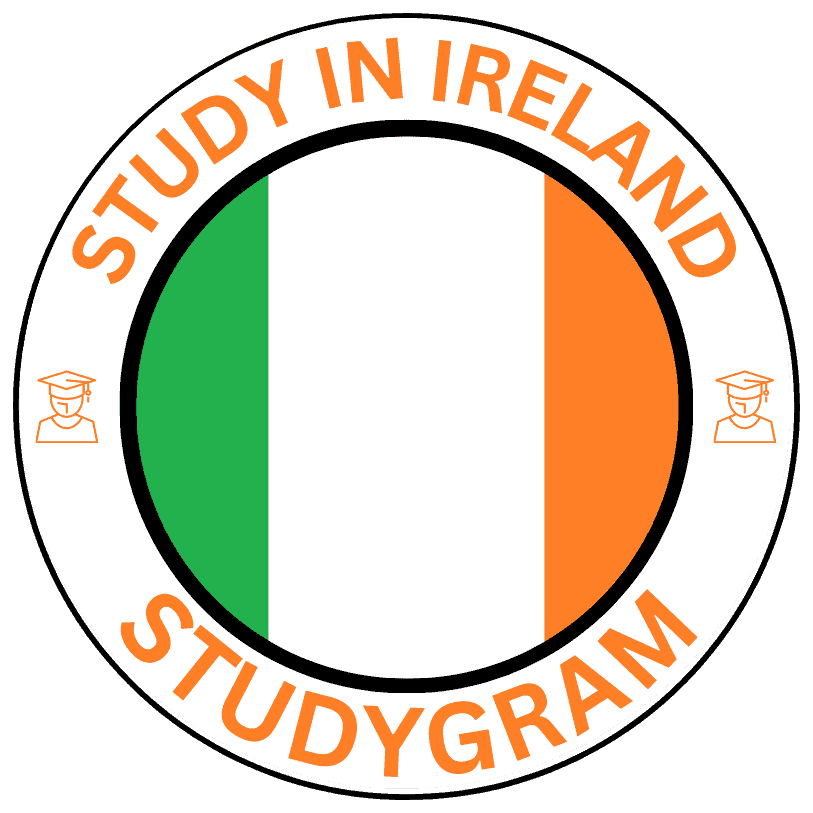.jpg)
Understanding the Role of Arts and Humanities in Climate Action
Addressing the global climate crisis requires more than scientific data and policy changes; it demands compelling storytelling and creative expression to inspire change. University College Cork (UCC) in Ireland exemplifies this approach by integrating arts and humanities into its climate action initiatives. The university recognizes that stories, visual arts, virtual reality, and interdisciplinary research can significantly enhance public engagement and foster a deeper understanding of environmental issues.
Integrating Arts and Humanities at UCC for Sustainable Development
At the heart of UCC’s efforts to promote climate action is a commitment to leveraging artistic and cultural tools. An inspiring workshop led by Dr Rosa Rogers from UCC’s School of English and Digital Humanities showcased how artistic expression—ranging from poetry to immersive virtual reality—can influence public perception and motivate tangible action on climate change. This multidisciplinary approach draws on the belief that empathy and emotional connection are critical drivers of behavioral change.
During the event, a multimedia climate art exhibition displayed visual artworks by prominent Irish artists, including Angela Gilmour, Amber Broughton, Gabhann Dunne, and Chris Haughton. These pieces, many inspired by environmental themes, exemplify how art can communicate complex issues effectively beyond scientific jargon. Virtual reality experiences created by researchers like Dr Alexandra Covaci helped participants virtually witness climate impacts, making distant threats more tangible and personal.
The Power of Storytelling in Climate Communication
Storytelling is a potent tool in driving climate action, especially when it resonates emotionally and personally. UCC’s initiative highlights how narratives can build empathy, inspire hope, and spur individuals and communities to take meaningful steps. Former Irish UN Ambassador David Donoghue emphasized the importance of arts and storytelling during his keynote speech, sharing insights from his experience negotiating the Sustainable Development Goals (SDGs) with a focus on climate action (Goal 13).
Donoghue underscored that data alone cannot galvanize change; stories that evoke feelings and personal connections are crucial. For example, projects like the Irish efforts to prevent curlew extinction use poetic storytelling and visual arts to make the ecological crisis relatable and urgent. Interdisciplinary teams at UCC work on translating scientific climate data into compelling narratives through creative co-design activities.
Collaborative Initiatives Supporting Climate and Art
UCC’s innovative approach involves collaborations across research centers, arts organizations, and industry partners. The Eco-Humanities Research Group, the Centre for Arts Research and Practice, and the Radical Humanities Laboratory work alongside external entities such as Met Éireann, Cork Chamber, and the Glucksman Art Gallery. These collaborations foster projects like virtual climate films, interactive installations, and public exhibitions designed to raise awareness and inspire action.
An example is the virtual reality climate films project, where immersive experiences demonstrate the potential of arts in climate communication. Participants can virtually explore the impacts of climate change on Irish wildlife and landscapes, creating a sense of place and urgency. Such initiatives reinforce that interdisciplinary research can shape public understanding of climate risks and solutions effectively.
Upcoming Events and Continued Engagement
UCC’s commitment to blending arts and climate action continues through ongoing workshops and events. The series aims to explore new storytelling strategies and innovative artistic approaches. The next workshop scheduled for May 29 will include presentations from researchers, climate scientists, and artists, along with activities like a sustainability walk led by experts in the field. These engagements provide opportunities for students, academics, and the community to learn how to harness storytelling for positive change.
If you’re interested in exploring how arts and humanities can support climate action, consider participating in UCC’s upcoming events or following their research initiatives. Such involvement can equip you with effective tools to communicate environmental issues compellingly and inspire others to take responsibility.
Take Action and Get Involved
Engaging with arts-based climate initiatives at UCC offers practical avenues to contribute to sustainable development. Whether through creating art, storytelling, or supporting interdisciplinary projects, individuals can play a role in fostering environmental awareness. You can explore programs and partnerships that integrate arts with climate solutions and be part of a broader movement advocating for urgent climate action.
To learn more about UCC’s innovative projects and upcoming workshops, visit the UCC News and Views page or contact Dr Rosa Rogers at [email protected].
By combining artistic ingenuity with scientific understanding, University College Cork demonstrates how creativity can be a catalyst for meaningful climate change. As the world faces unprecedented environmental challenges, innovative approaches like those championed by UCC are essential in mobilizing society toward a sustainable future.

